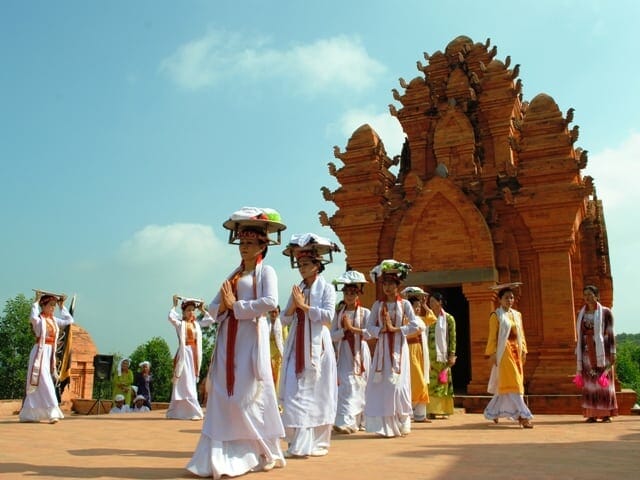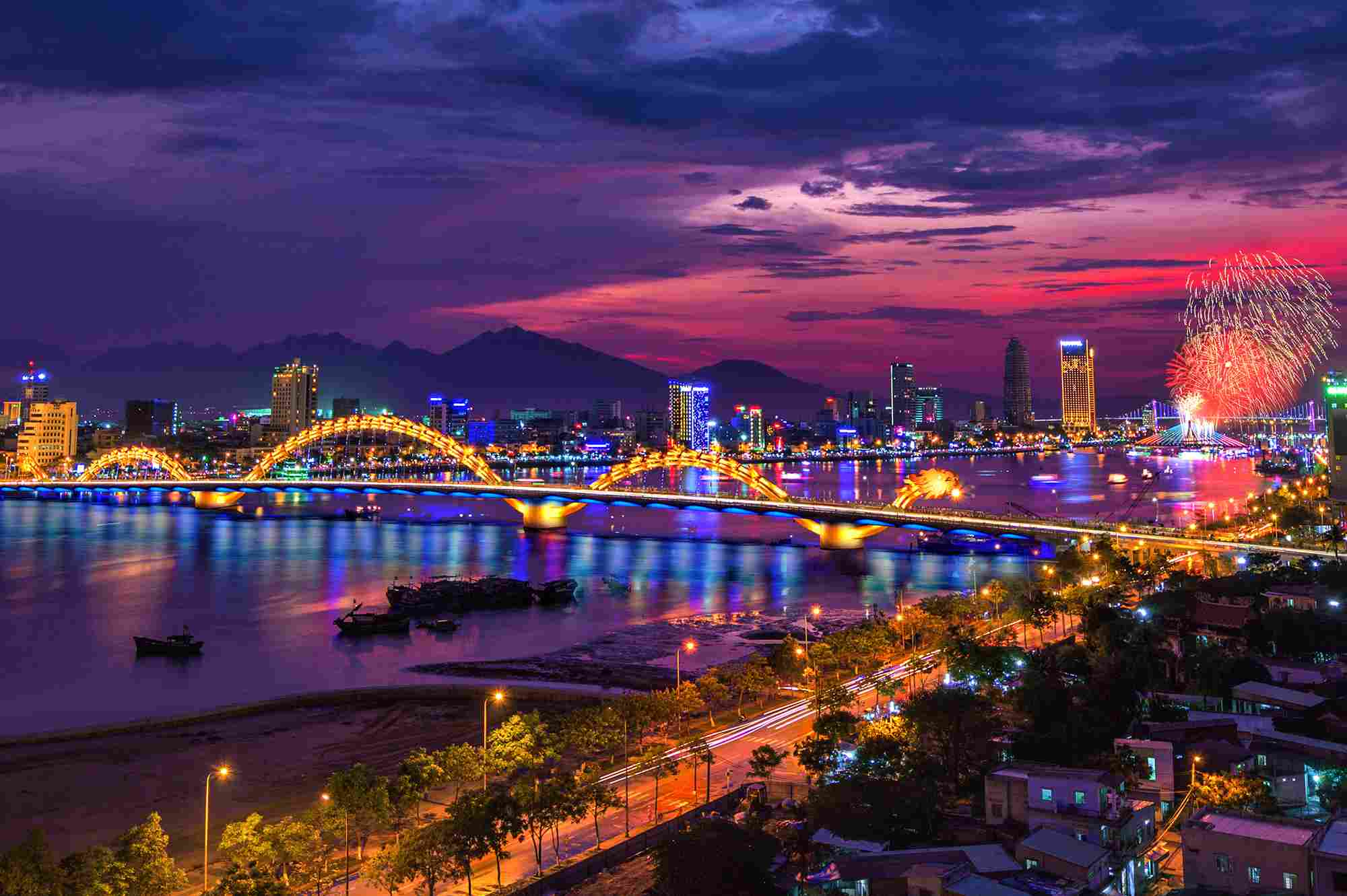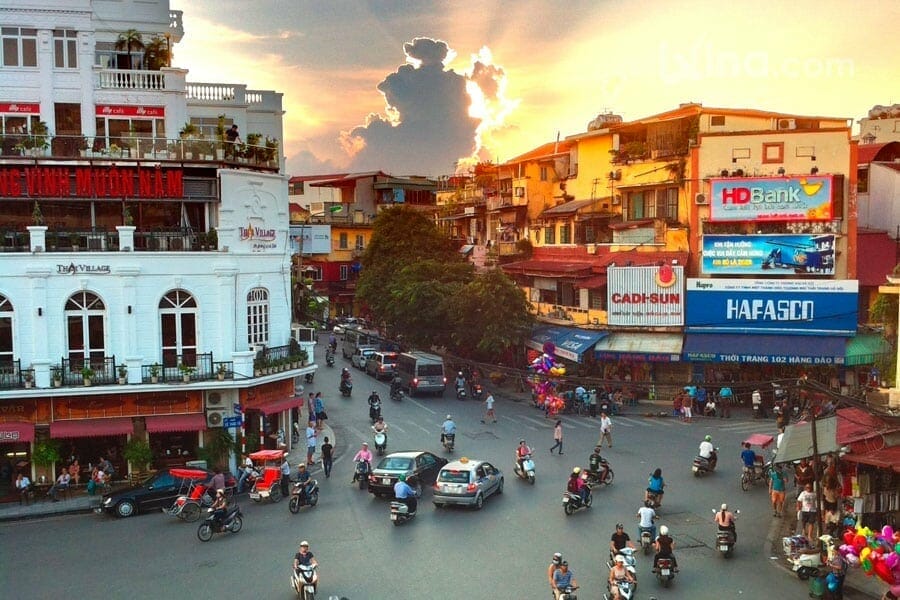Japan is an economic power and it is also a big tourism market. Vietnam well understands that but it still cannot attract Japanese travelers to the country.
 |
Golden opportunities
Nguyen Minh Hai, Chief Representative of Vietnam Airlines in Japan, has said that there are many factors that support Vietnam’s tourism. Japanese travelers now tend to choose nearby destinations in order to save money. Meanwhile, a lot of Japanese budget airlines are planning to open air routes to neighboring countries, thus allowing increasing the number of flights and reducing the airfares.
A survey conducted by the Vietnam National Administration of Tourism (VNAT) in October 2011, found that 23 percent of the Japanese people who once came to Vietnam, wished to get low cost tickets.
“These are really the big opportunities for Vietnam’s tourism. We are considering opening the air route Da Nang – Narita. It is expected that the number of Japanese travelers to Myanmar and Laos would increase rapidly. It is the right time for travel firms to build up the tours for the travelers to go to Vietnam from those countries,” Hai suggested.
Few Japanese travelers return to Vietnam for second time
Realizing the great potentials, Vietnam hopes to receive one million Japanese travelers by 2015. However, travel firms have doubts about the feasibility of the plan.
According to VNAT, 40 percent of Japanese travelers return to Vietnam for the second and subsequent time. However, the Tourism Working Group of the Vietnam Business Forum has pointed out that the percentage of travelers returning to the country after the first trip is very low. Meanwhile, Thailand and Indonesia can take pride of the high number of travelers returning to the countries.
Shigemastsu Akifumi from HIS Song Han travel firm said that the firm receives 12,000 Japanese travelers every year, but less than one percent of the travelers return for the second time.
“The travelers say they find nothing interesting and attractive,” he said.
The last year’s survey by VNAT also showed that 46 percent of travelers gave “Average” when assessing the tourism service quality, which was equal to the percentage of the travelers who found satisfactory with the services.
A.Yoichiro, Vice Chairman of the committee for lobbying for the establishment of the Vietnamese tourism promotion office in Japan, noted that there are many Japanese businessmen who come to Vietnam to do business, who account for a high proportion of the Japanese people coming to Vietnam many times.
According to Hai, Japanese are really choosy, because they get used to the high quality services they receive in the domestic market. Therefore, travel firms need to have professional staff and wholehearted service men to attract Japanese travelers.
Meanwhile, a representative of Song Han complained that the travelers feel unsatisfactory about the insolent attitude of hotel officers, including the ones at 4-5 star hotels. Vietnamese managers tend to cover up for the officers who make mistakes, while the problems can only be settled when the travelers ask for the intervention of foreign managers.
“Waiters think that they just need to bring the ordered food to travelers, while they do not take care about if the clients need some spice or any additional services,” he noted.
In many cases, the quality of the food is quite different from the one the travel firms tasted before. Meanwhile, the restaurants just explain that they could not buy the right materials for the dishes, or they changed the chef.
Nguyen Thang



